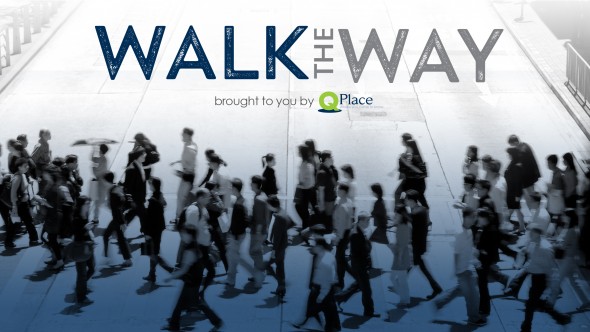Quick to listen?
I think listening comes easier for some of us than it does for others. I’m not naturally a good listener; I’m a talker. But that doesn’t let me off the hook. I still need to be a good listener—and so do you. James 1:19 says: “My dear brothers (and sisters), take note of this: Everyone should be quick to listen, slow to speak . . .” But what is it about listening that makes it so important? The benefits of listening Well, for one thing, when we’re good listeners, we show compassion and concern for others. We make them feel special. We practice Philippians 2:3-4 which says “....Read more …







